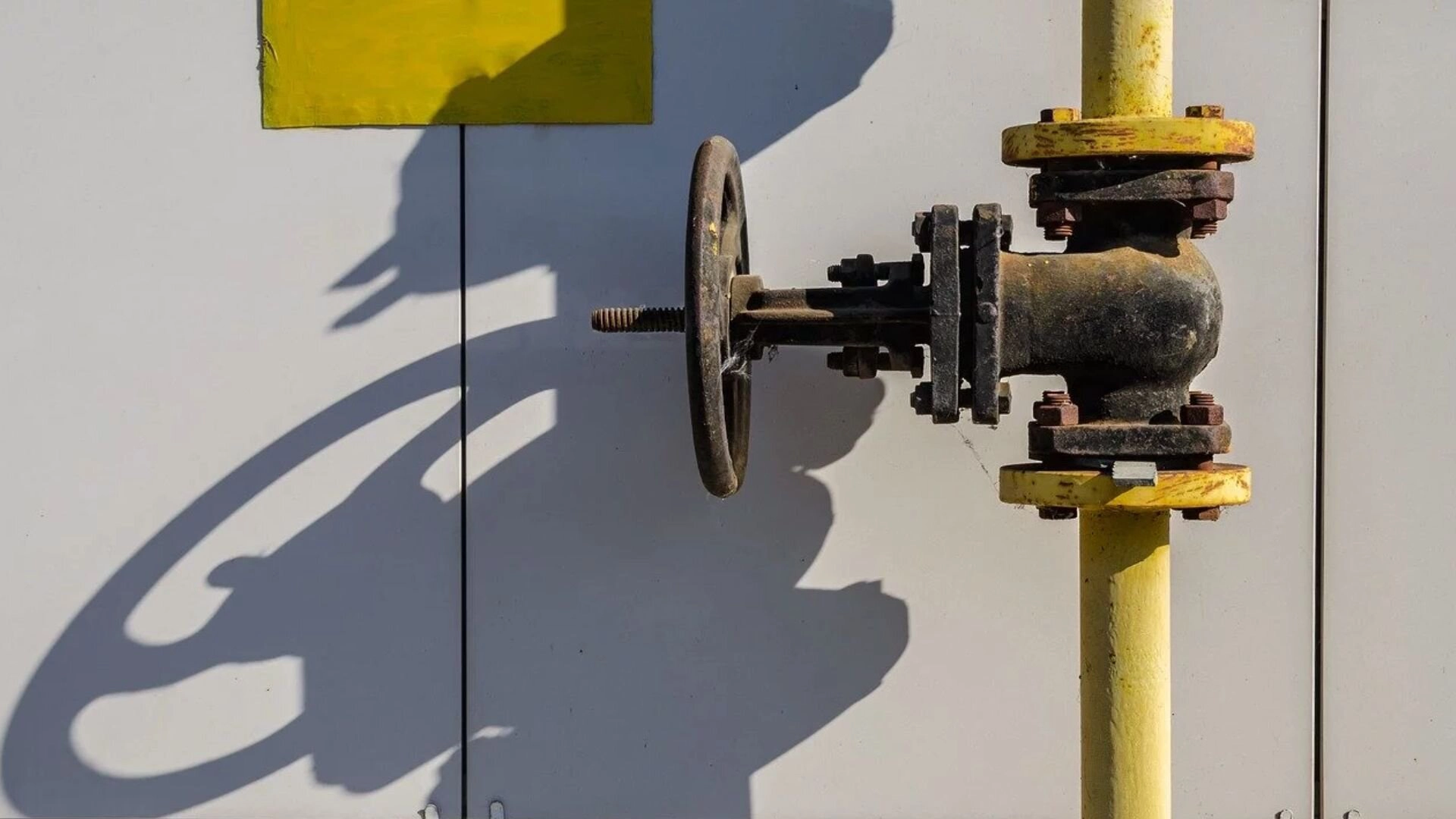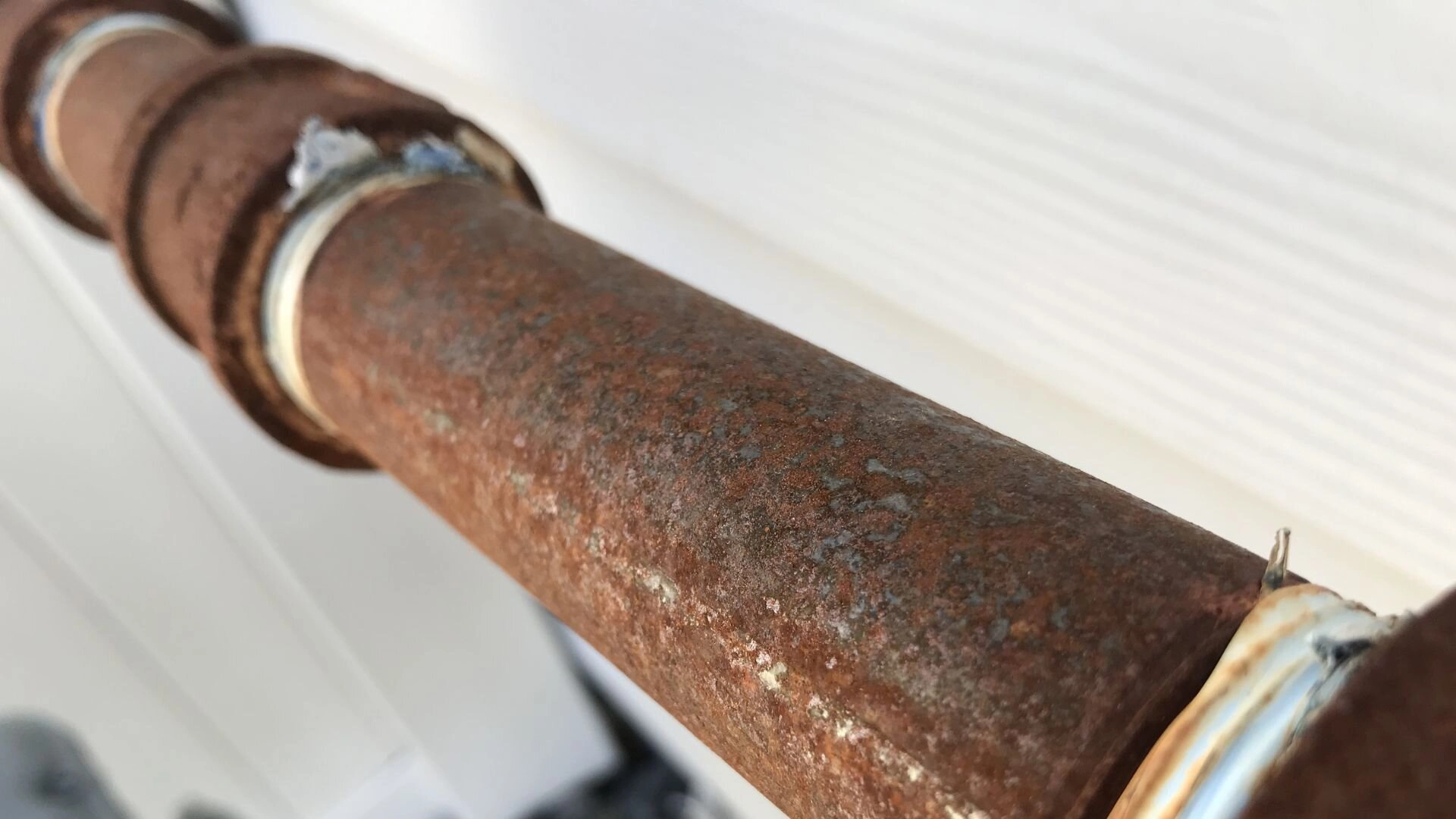Protecting Gas Piping From Corrosion And Leaks
Corrosion poses a threat to underground gas piping over time. However, homeowners can protect pipes with the right maintenance. This article details how to spot damage early through inspection. It also outlines effective prevention methods like cathodic protection and coatings. Learn the signs of pipe deterioration and strategies to implement for safe, reliable gas delivery to your home.
Underground gas lines are an important yet often overlooked part of your home’s infrastructure. Buried below ground, the steel or iron pipes can be subject to corrosion over many years of exposure to moisture and chemically active soil.
If not addressed, this gradual deterioration can significantly weaken piping. Without regular inspection and maintenance, dangerous gas leaks may form.
By understanding how corrosion occurs and implementing best practices, you can prevent issues with your home’s gas supply. In this blog post, we will explain the signs that indicate pipeline damage.
We will also explore effective prevention methods like cathodic protection and coatings . Let’s get started with a brief overview of gas pipe corrosion and why protection matters.
Understanding Gas Pipe Corrosion
Underground gas lines are susceptible to corrosion because their environment is buried below ground for many years. Over time, moisture and chemicals in the soil can cause steel and iron gas pipes , through which natural gas pipelines flow, to deteriorate slowly at a microscopic level .

Two main types of corrosion affect buried pipes. Galvanic corrosion occurs when two different metal materials are in contact, such as a metal gas line buried near an underground structure made of a dissimilar metal.
General corrosion is also a risk. Moisture and oxygen in the soil, combined with acidic elements like carbon dioxide and sulphides , form an electrolyte solution that allows current to flow and erodes the pipe material uniformly. Without proper corrosion protection, every steel pipe will eventually deteriorate and fail, resulting in leaks.
This corrosion occurs unevenly, leaving pits and crevices in the pipe wall as it weakens over decades. Without protection, perforations may eventually develop, posing gas leakage and dangerous build-up risks indoors from otherwise invisible corrosion threatening the integrity of fuel delivery lines below ground.
Signs of Corrosion Damage
Several visual indicators can help identify potential corrosion damage to gas pipes above and below ground.

Surface rust or cracks
Rust or cracks on above-ground pipe sections or around joints are telltale signs that corrosion has begun affecting the pipe material. Any ruptures in the protective pipe coating should be addressed.
Dirt accumulation
A dirt, mud, or debris build-up around cracks, seams, or other weak points can indicate that those areas are corroding and minerals are deposited from the surrounding soil. This trapped debris could accelerate corrosion.
Deformed or softened pipes
In severe corrosion cases, the pipe wall may weaken and deform or soften in spots where metal thickness has reduced significantly over time. Pipes showing such deformation need to be replaced to ensure safety.
Regular visual inspections help detect corrosion signs early before issues worsen. Catching problems in the initial stages through awareness of these indicators allows pipeline corrosion prevention or preventative repair or remediation.
How to Stop Corrosion and Leaks in Gas Piping
Inspection and Maintenance Schedule
Homeowners must implement a regular inspection and maintenance schedule for their underground gas piping system to detect corrosion issues before leaks can develop proactively. Typically, a qualified plumber should visually check all above-ground pipe sections and joints at least once every five years .
Additional checks that could be part of the routine schedule include testing soil conditions every ten years around the pipe path to monitor pH and oxygen levels , taking voltage measurements to evaluate the integrity and performance of any cathodic protection systems in place, as well as conducting pressure tests to confirm the pipe wall strength and internal integrity are being maintained over time.
Proper pipe-to-soil potential readings should also be taken periodically to verify an adequate voltage difference between the pipe and the surrounding earth. By developing an inspection schedule tailored to the specific property installation and local environmental factors but following any safety codes for the area, homeowners can help ensure their gas lines continue to receive needed care and attention over the decades to preserve safety.
Cathodic Protection Systems
Cathodic protection systems are an effective, active method of preventing external corrosion of underground gas piping. They work by making the pipe surface cathode and installing nearby sacrificial anodes of more electrically active metals, such as magnesium or zinc.
These anodes then corrode preferentially through galvanic corrosion instead of the steel pipe. A low-voltage current is produced between the anodes and pipe that changes the potential of the internal pipe, making corrosion thermodynamically impossible. Corrosion can also occur in different forms, including general corrosion, pitting corrosion, and stress corrosion cracking.
Properly installed and maintained cathodic protection can provide decades of corrosion prevention . Homeowners should check their system regularly to ensure adequate voltage levels and that anodes are not depleted over time. Replacement of anodes before their protective current drops off is essential to maintain continuous cathodic protection of the pipes.
Coatings and Sleeves
Coatings and sleeves provide another effective physical barrier to protect gas pipes from external corrosion. Typical coating materials include epoxy, coal tar enamel, and fusion-bonded epoxy, which are applied directly to the metal surface.
They work by sealing the steel from water and oxygen contact . Pipe sleeves of polyurethane, concrete or other materials surround pipes, keeping corrosive soil chemicals isolated. Knowing the material’s corrosion resistance is essential before installing underground pipe structures.
Proper application and installation are essential for long-term protection. Homeowners should check for cracks or breaks in these physical barriers during regular inspections that could expose the metal underneath over decades of burial.
Reapplying protective coatings or replacing damaged sleeves before corrosive conditions arise helps maintain the integrity of these systems that shield pipes from direct contact with corrosive soil environments.
Spotting & Preventing Electrolytic Corrosion
Electrolytic corrosion occurs due to a direct reaction between the buried gas pipe and another underground metallic structure acting as an electrode, like a grounding rod . This form of galvanic corrosion can be difficult to detect. Still, one indication may be localised rusting or pitting around joints or points of contact between the pipe and other metal objects.
Internal pipeline corrosion happens when chemicals from the products transported in the pipes, including water, carbon dioxide, and hydrogen sulphide, attack a steel pipe’s interior surface. Homeowners can help prevent conditions for electrolytic corrosion by properly isolating gas lines and their cathodic protection anodes from other buried metal objects whenever possible during installation.
Maintaining separation distance between the pipeline and other underground structures of dissimilar metals also helps reduce electrolytic activity. Regular inspections tailored to inspect for signs around potential contact points can pinpoint issues early.
Safety Guidelines for Working on Gas Lines

A licensed gas technician should only perform any work on natural gas lines to ensure safety. Homeowners should never attempt to repair or modify gas pipes themselves.
However, there are some preparation steps homeowners can take when a gas professional is scheduled. The area around the gas meter and lines should be cleared of debris or obstructions beforehand.
All ignition sources near the work area, like pilot lights or sparks, should be eliminated in case of a gas leak. Homeowners and pets should vacate the area until the technician gives an all-clear after finishing.
Open windows and doors to ventilate in case of any gas smell instead of using equipment like fans that could cause sparks. Following safety procedures when working with fuel lines can help prevent fire explosions and protect lives.
When to Call a Professional
While routine inspection and maintenance go a long way, some signs indicate it’s time for a homeowner to contact a licensed gas contractor or plumber. This includes noticing gas smells, visual damage like dents, cracks or pits in piping, or hearing gas escaping.
Homeowners should also call in professional after-ground disturbances near lines from landscaping, flooding, or other construction activities that could have impacted the piping integrity. If routine checks uncover suspicious corrosion, a gas technician can conduct thorough evaluations using specialised tools.
They can also repair or replace damaged sections and ensure new installations are up to code. Calling early at the first signs of a problem prevents issues from escalating. A professional takes safety precautions and is trained to properly assess and remedy gas line corrosion or leaks.
Keep Your Family Safe with Proper Gas Line Upkeep
For many years, proactive steps to inspect your home’s gas lines and protect against corrosion have been an important part of ensuring safety and reliable operation. By understanding how corrosion occurs and implementing a maintenance plan tailored to your system, you can prevent dangerous leaks before they arise.
If you notice signs of damage or have questions about protecting your gas pipelines, don’t hesitate to contact the experts. As your local Sydney plumbing experts, Service First Plumbing can conduct thorough assessments, install cathodic protection or coatings, and repair or replace corroded sections .
We strive to provide excellent service while always prioritising safety. Call us to discuss how to keep your fuel lines in good shape and avoid risks from corrosion and leaks. Your family’s safety is our top priority.